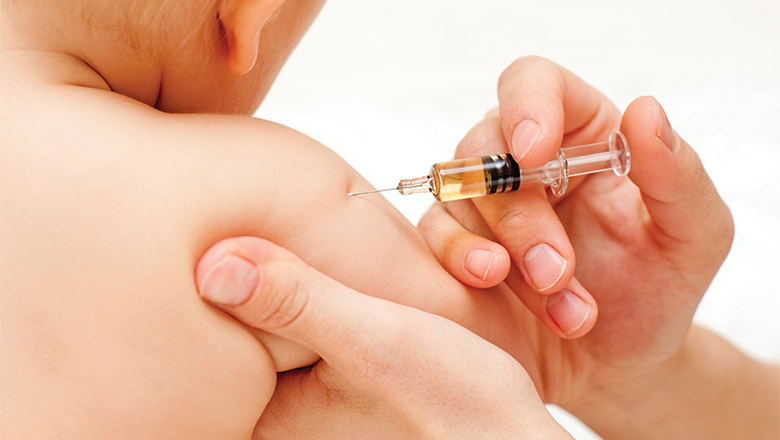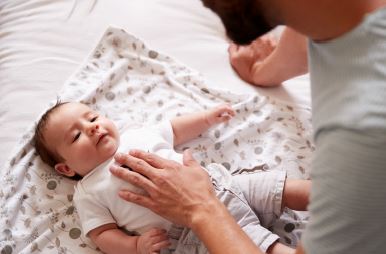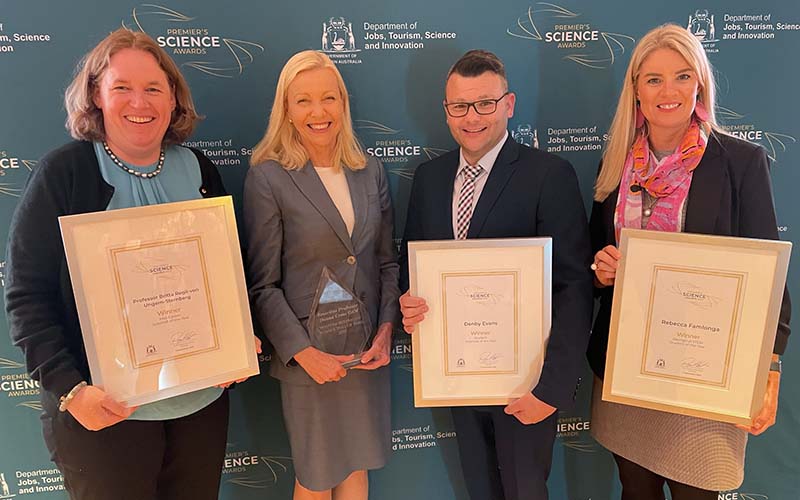Search

News & Events
The Kids Research Institute Australia researchers awarded $11 million to support vital child health researchResearchers from The Kids Research Institute Australia have been awarded more than $11 million to support vital child health projects, under the Federal Government’s Medical Research Future Fund.

News & Events
Study to protect babies from flu as flu season strikes earlyParents of babies in Perth and Adelaide are being urged to take part in a landmark study to examine the best ways to keep their child safe from influenza this winter, amid a surge in serious infections.

News & Events
Telethon donations fund early flu protection for bubsBabies worldwide could have access to life-saving influenza vaccinations from just eight weeks of age thanks to researchers at The Kids Research Institute Australia and the generous support of the Telethon community.

News & Events
The Kids Research Institute Australia researchers take out prestigious Premier’s Science AwardsThree outstanding researchers have won 2023 Premier’s Science Awards, with another inducted into the prestigious WA Science Hall of Fame.
Research
Missed Opportunities for Diagnosing Acute Rheumatic FeverWe have read with interest the new publication by Rouhiainen and colleagues on missed opportunities for preventing or diagnosing acute rheumatic fever (ARF).
Research
Development and Validation of a Stability-Indicating RP-HPLC Method for Edaravone QuantificationEdaravone is used to treat motor neurone disease (MND) by slowing disease progression and prolonging survival time. Currently, it is available as an IV infusion (Radicava®, Jersey City, NJ, USA) and an oral liquid suspension (Radicava ORS®, Jersey City, NJ, USA). Development of novel edaravone formulations is still an active field of research that requires a validated stability-indicating assay capable of providing specific, precise, and accurate quantification of edaravone content.
Research
Collecting behavioural data across countries during pandemics: Development of the COVID-19 Risk Assessment ToolTools that can be used to collect behavioural data during pandemics are needed to inform policy and practice. The objective of this project was to develop the Your COVID-19 Risk tool in response to the global spread of COVID-19, aiming to promote health behaviour change. We developed an online resource based on key behavioural evidence-based risk factors related to contracting and spreading COVID-19. This tool allows for assessing risk and provides instant support to protect individuals from infection.
Research
Severe adverse reactions to benzathine penicillin G in rheumatic heart disease: A systematic review and meta-analysisFear of severe adverse reaction (SAR) and reluctance of health care providers to administer intramuscular injections are major contributing factors to poor adherence of benzathine penicillin G (BPG) in the management of rheumatic heart disease (RHD). However, data on the risk of SARs following BPG injections for RHD are relatively limited and inconclusive. Our systematic review and meta-analysis aimed to evaluate the incidence of SARs associated with BPG injections used for secondary prophylaxis of RHD.
Research
Designing a paediatric teleotology pilot in the UK: Outcomes from a scoping review of the literature, with insights from the Ear Portal pilot service in Perth, Western AustraliaTo inform the design of a United Kingdom (UK) paediatric teleotology pilot by analysing global teleotology initiatives and drawing on insights from a successful paediatric teleotology pilot service in Perth, Western Australia (Ear Portal).
Research
Yarning with a remote Aboriginal community about the next steps for achieving healthy skinSkin health is widely recognised as being important for overall good health and well-being, yet the burden of skin infections in remote Aboriginal communities remains high. This project aimed to explore if virtual support for skin health could be a strategy to reduce community barriers to skin health engagement.
